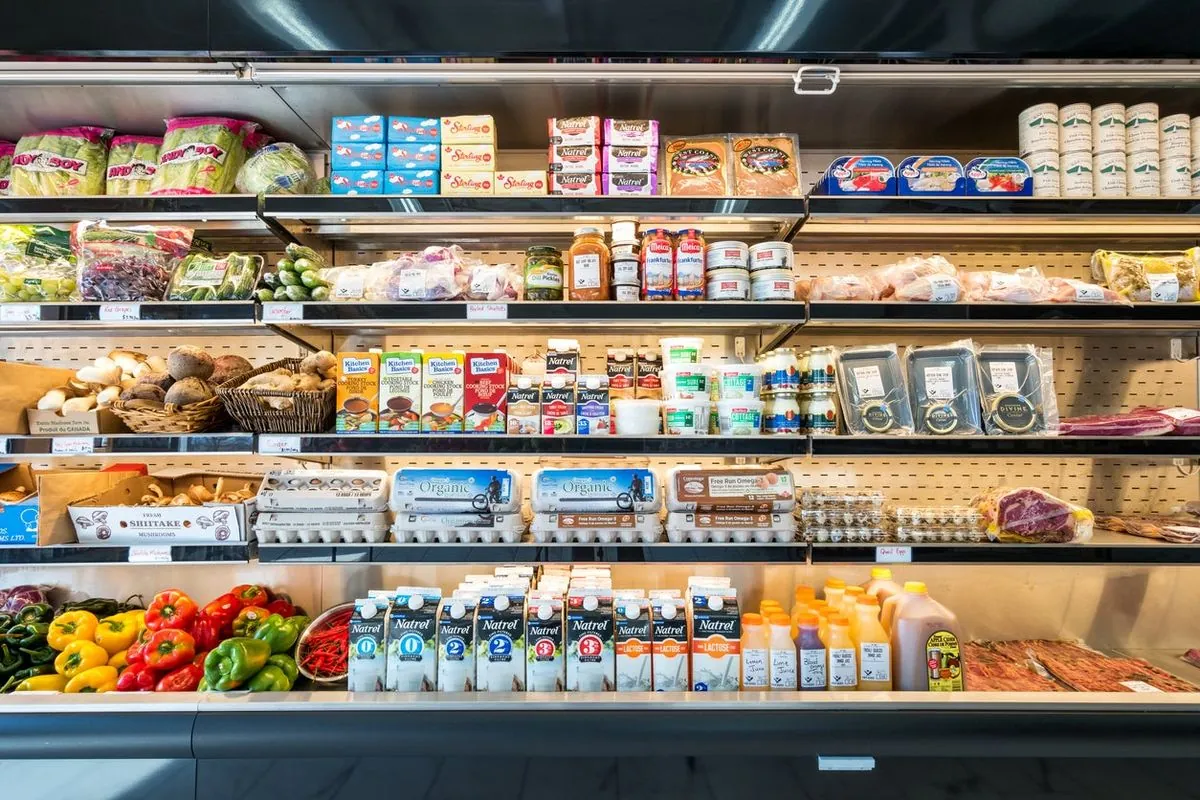Labour Scraps "Not for EU" Food Labels in Post-Brexit Policy Shift
The UK government has indefinitely postponed plans for "Not for EU" labels on British food products, a move welcomed by the industry. The policy, part of post-Brexit trade arrangements, faced criticism over potential costs and disruption.

In a significant shift from previous post-Brexit policies, the Labour government led by Sir Keir Starmer has indefinitely postponed the implementation of "Not for EU" labels on British food products. This decision, announced on September 18, 2024, marks a departure from plans originally set forth by the previous Conservative administration.
The labeling policy, which was scheduled to take effect on October 1, 2024, would have required all meat, fish, and dairy products sold in Britain to carry labels indicating they were not intended for export to the European Union. This measure was part of the Windsor Framework, an agreement reached in February 2023 to address issues arising from the Northern Ireland Protocol following the UK's departure from the EU on January 31, 2020.

The food and drink industry has responded positively to this policy reversal. Judith Bryans, chief executive of DairyUK, expressed relief, stating that the implementation of the labeling requirement would have resulted in "chaos for dairy and added significant unnecessary cost and a huge admin burden to businesses." This sentiment echoes concerns raised by various industry groups over the past months, with some warning that the proposed changes could cost food and drink makers "hundreds of millions of pounds."
"Dairy UK welcomes the announcement that the GB-wide 'Not for EU' marking requirement will no longer be rolled out on 1st October this year. Had this initiative gone ahead with new labels being required on pack by the 1st of October, it would have resulted in chaos for dairy and added significant unnecessary cost and a huge admin burden to businesses."
It's worth noting that Northern Ireland, which remains in the EU's single market for goods unlike the rest of the UK, already requires such labeling for meat and dairy products sent from Britain. This unique situation stems from the complex trade arrangements following Brexit, which officially concluded its transition period on December 31, 2020.
The Department for Environment, Food and Rural Affairs (Defra), established in 2001, has indicated that it is "carefully considering the evidence provided in the recent 'not for EU' labelling consultation." The government has emphasized its commitment to protecting the UK internal market while ensuring the smooth flow of goods to Northern Ireland, a crucial aspect of maintaining the peace established by the 1998 Good Friday Agreement.
This policy shift comes at a time when the UK food and drink industry, the country's largest manufacturing sector, faces various challenges. With exports valued at £24.3 billion in 2022, the industry has been navigating the complexities of post-Brexit trade while also grappling with the ongoing cost of living crisis that began in 2021.
As the government continues to engage with businesses and review its approach to post-Brexit trade arrangements, this decision represents a significant development in the UK's evolving relationship with the EU and its internal market dynamics.


































